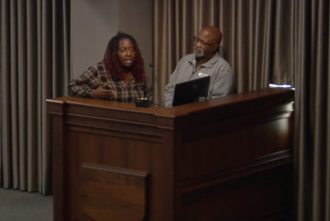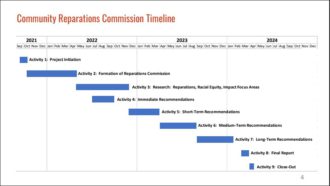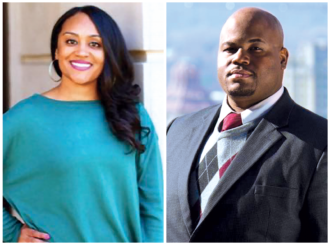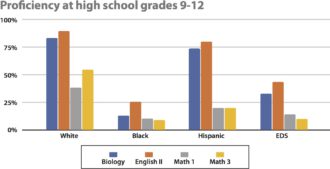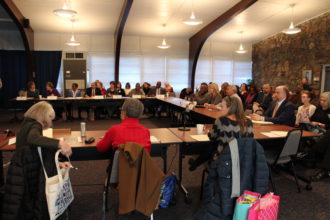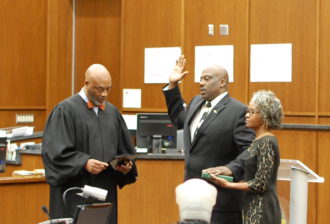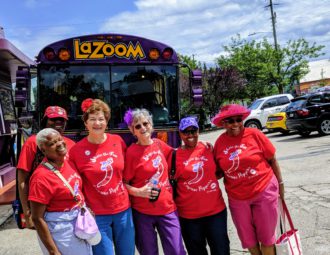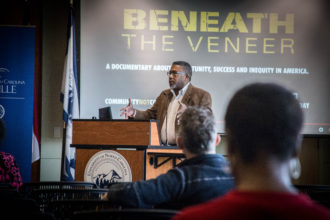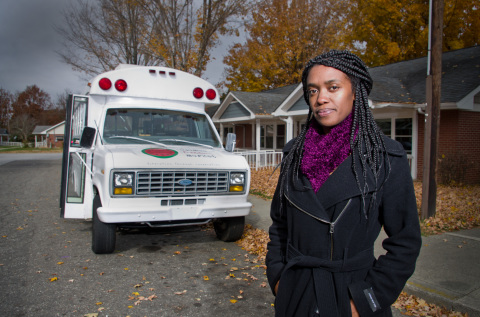The proposed audit, presented to the Buncombe County Board of Commissioners on Jan. 17, would look at whether the city and county are complying with “federal and state laws, regulatory bodies, codes of conduct, court orders and consent degrees,” with a focus on damage caused to the Black community by noncompliance.
